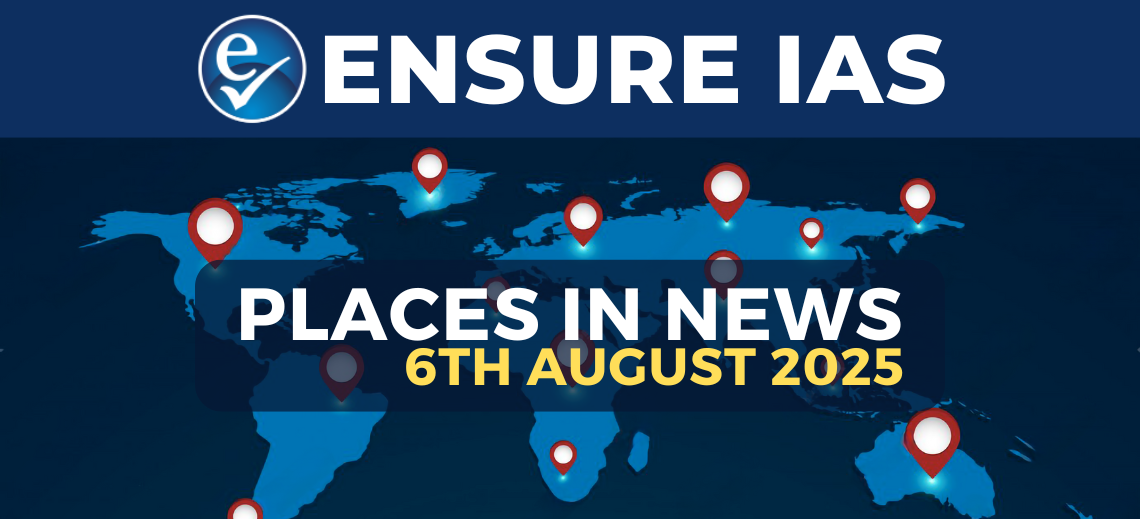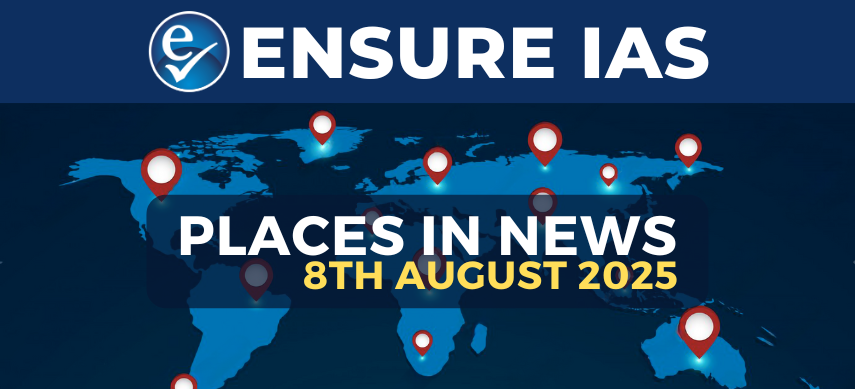Many Toppers Start with Poor GK – You’re Not Alone
- Every year, more than 50% of selected candidates in competitive exams like UPSC, SSC, and Banking come from engineering or science backgrounds.
- These aspirants typically start with limited exposure to general knowledge and weak current affairs preparation.
- The good news? This doesn’t prevent them from cracking the exam. It just means you start from a different point, not behind.
- The focus of these exams is not rote knowledge but analytical thinking, concept clarity, and daily progress.
- Top rankers like Shubham Kumar (UPSC AIR 1) have publicly shared how they began with poor GK but improved drastically through a year of disciplined reading.
- Engineers are trained to solve problems logically—this becomes an asset while connecting current affairs with polity, economics, and society.
- What matters most is a strategy: starting slow, building your basics, and revising consistently.
- Toppers often recommend focusing on quality over quantity in GK—understanding the impact of events, not just names and dates.
- Mock tests, newspaper reading, and monthly revision plans help cover up the gap quickly.
- The journey from “weak GK” to “exam-ready GK” is possible within 6–9 months with smart efforts.
- So yes, even if your current affairs and GK are not good, you can definitely crack the exam—like thousands of others before you.
Importance of General Knowledge and Current Affairs in Cracking Exams
- General Knowledge (GK) and Current Affairs sections are crucial in almost all major competitive exams in India.
- These sections test your awareness of the world, ability to connect dots, and understand national and global developments.
- Whether it’s UPSC prelims, SSC CGL Tier 1, Bank PO, or State PSC exams, GK carries direct scoring potential.
- In UPSC, current affairs affect not just prelims, but also mains answers, essays, and interviews.
- A good grip over current events helps in developing a well-informed personality—a key trait interview boards look for.
- GK also overlaps with other areas—Science & Tech, Environment, Polity, and Economy—making it even more impactful.
- A strong current affairs foundation helps you write better answers with relevant examples and government data.
- Many aspirants make the mistake of skipping GK prep early on—but this section becomes a game-changer in the long run.
- GK is also high-yield: with consistent practice, you can score maximum in minimum time compared to lengthy subjects.
- Being updated with government schemes, bills, acts, summits, and economic data boosts your overall preparation.
- So even if you’re starting late or weak, giving time to current affairs daily can completely change your rank trajectory.
Strategy to Improve GK and Current Affairs From Scratch
- Begin with newspapers like The Hindu or The Indian Express. Spend 45–60 minutes daily reading and making short notes.
- Don’t try to memorize everything. Focus on understanding the context and impact of news stories.
- Use monthly current affairs compilations from trusted coaching sources (Vision IAS, Insights, Drishti, etc.).
- Maintain a digital or handwritten notebook for key facts: schemes, appointments, international summits, awards, etc.
- Break your study into categories: polity, economy, international relations, science & tech, government schemes, etc.
- Watch weekly current affairs revision videos on platforms like StudyIQ, Unacademy, or BYJU’s.
- Use quiz apps like Testbook, GKToday, or Adda247 to test your knowledge regularly.
- Allocate weekends for weekly revision of what you read and noted.
- Once you’re comfortable, start solving previous year GK questions for your specific exam (UPSC/SSC/Banking).
- Make use of flashcards for quick revision and better memory retention.
- Don’t ignore static GK (like important rivers, books, constitutions, etc.)—link it with current events for better context.
How Engineers or Non-Humanities Students Crack GK-Based Exams
- Engineering students often fear GK because it feels outside their domain—but they make up for it with analytical discipline.
- Their structured study habits help build a consistent approach to learning factual information.
- With access to curated material, engineers can cut through the clutter and study what matters for the exam.
- They prefer organized note-making and systematic revisions, both of which are ideal for mastering GK.
- Engineering backgrounds provide an edge in topics like Science & Tech, Environment, and Data Interpretation.
- Aspirants from non-GK backgrounds often focus more on mock tests, which improves both speed and accuracy.
- Coaching institutes report that engineers top many current affairs sections in mocks within 6–8 months of targeted effort.
- What they lack in background knowledge, they make up through routine and logical frameworks.
- The success mantra is: read – revise – recall – practice.
- Don’t try to become a scholar—just aim to be exam-fit by focusing on high-yield topics and exam trends.
Common Mistakes to Avoid While Preparing for Current Affairs
- Not reading newspapers regularly is the top mistake. Daily news is where GK preparation begins.
- Relying solely on monthly compilations without understanding the context makes your answers flat.
- Trying to mug up everything without filtering what’s important for your specific exam is a waste of effort.
- Ignoring static GK can be risky—it complements current events and is often asked indirectly.
- Not making your own notes leads to poor retention and stressful revisions later.
- Avoid switching between too many sources—it confuses rather than helps.
- Skipping mock tests and quizzes means you don’t know your weak spots.
- Don’t underestimate GK—many students fail prelims by a margin of just 2–3 questions, often from current affairs.
- Avoid passive reading. Use active recall techniques—cover your notes and try to reproduce the points.
- Not revising frequently enough leads to forgetting what you studied last week.
- So instead of panicking about your poor GK, just avoid these common traps and stick to a smart routine.
One-Year Roadmap to Mastering GK and Current Affairs
- Month 1–2: Start reading newspapers + current affairs PDFs. Note down important facts and build a revision notebook.
- Month 3–4: Introduce monthly compilations + basic static GK sources (Lucent, NCERTs).
- Month 5–6: Begin attempting section-wise GK quizzes and solving previous-year papers.
- Month 7–8: Start linking topics (e.g., a law + polity + scheme) for GS mains and essays.
- Month 9–10: Weekly revisions and full mock tests. Work on answer writing using GK references.
- Month 11–12: Polish interview-ready knowledge and practice expected current affairs questions.
- By sticking to this plan, your transformation from “poor GK” to “GK pro” is 100% possible—even if you’re starting now.
- Engineering students, arts graduates, or anyone weak in GK can master it if they follow a structured path.
- You don’t need a strong background—you need consistency, patience, and discipline.
FAQs: My Current Affairs and GK Are Not Good. Can I Crack It?
- Can I crack UPSC or SSC if my GK is poor today?
Yes. With 6–12 months of smart preparation, even beginners can become strong in GK and current affairs. - How many hours should I study current affairs daily?
1–2 hours daily (including newspaper reading and notes) is sufficient for visible improvement. - Are monthly compilations enough?
No. Use them for revision, but daily reading and note-making are essential for depth. - Which is better: newspaper or YouTube summary?
Newspapers give depth. Use YouTube summaries for quick revision—not as your main source. - Can engineers really score well in GK?
Absolutely. Many engineers top exams every year by following structured preparation methods. - How do I memorize GK facts?
Use short notes, revision cycles, quizzes, and flashcards to boost retention. - Should I cover static GK too?
Yes. Static GK like polity, history, geography forms the base and supports current events. - How long before the exam should I start GK prep?
Start at least 9–12 months before, especially if you’re starting from scratch. - Are coaching PDFs reliable for GK?
Yes, if sourced from trusted names like Vision, ForumIAS, Drishti, etc. - Do I need to revise GK every week?
Yes, weekly revision prevents forgetting and helps retain large volumes of information. - What if I miss a few days of news?
Use weekly or monthly compilations to catch up—consistency over panic is the key. - Can I skip GK in early preparation?
Don’t. It’s better to build slowly over time than try to cover everything in panic mode later.





